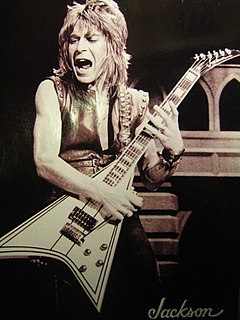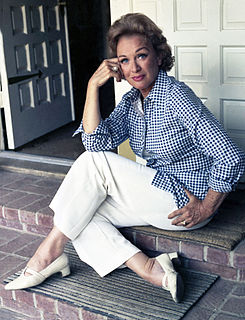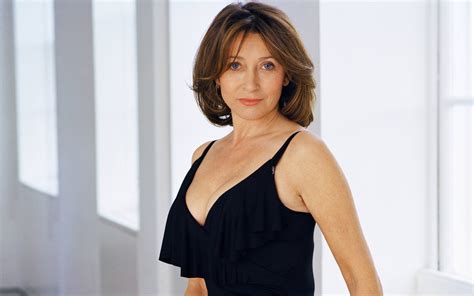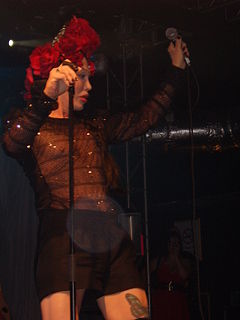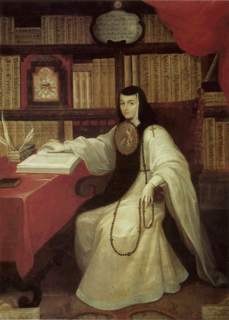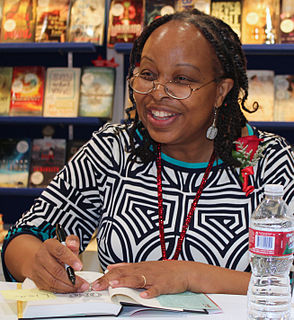A Quote by Iris Apfel
My mother knew if you bought a couple of really good architectural outfits and put your money into accessories, you could create a million different looks. She taught that to me, which I think was invaluable.
Related Quotes
My mother gave me very good advice years ago. I grew up in the Great Depression and she always told me to get a good little basic black dress - well-cut, well-made, good fabric - and it could take me through everything. I could go to the office in the morning and stay out all day in the same dress. Just by changing accessories, because they are so transformative, you can make six different outfits. I find that very useful. My mother worshipped at the altar of accessories and I'm an accessory freak, as everybody knows. That, I got from my mother.
...fact was she knew more about them than she knew about herself, having never had the map to discover what she was like. Could she sing? (Was it nice to hear when she did?) Was she pretty? Was she a good friend? Could she have been a loving mother? A faithful wife? Have I got a sister and does she favor me? If my mother knew me would she like me? (140)
Both of my parents are music teachers. My mother owns the school that I taught in. My brothers and sisters are musicans. My mom pushed me all the time. She knew that I could do it. She knew more than I did. She thought I would go somewhere. She gave me the job and helped me get equipment, which a lot of parents don't do. Alot of my students had to go out and fight for it.
Once, a friend’s mom said to me when I was very young 'You can't really invest in your looks as the only thing because it's a depreciating asset. I think this is trueit’s like putting money into a stock that’s going down. Put your money, put your effort, invest in your brain and talent which will appreciate and get better as you get older.
I think being raised by a single mother put me on the outside, and I would watch my mother's married friends and think, 'Why does she put him down in public?' or, 'Why is he so rude to her?' It seemed to me that there were very few marriages where the couple were genuinely in a supportive, loving partnership.
From a child, I knew I didn't have the face I wanted to have. My mother was a baroness. She was from Berlin; she was a silent movie actress and friends with Marlene Dietrich. So she knew all about film make-up and prosthetics and stuff like that and what they used to do in those days. And she taught me all that as a child.
I was not yet three years old when my mother determined to send one of my elder sisters to learn to read at a school for girls we call the Amigas. Affection, and mischief, caused me to follow her, and when I observed how she was being taught her lessons I was so inflamed with the desire to know how to read, that deceiving - for so I knew it to be - the mistress, I told her that my mother had meant for me to have lessons too. ... I learned so quickly that before my mother knew of it I could already read.
I'm very objective about what I want to have happen to my protagonists and where that has to come from. On one hand, it does help me that I had a mother who might have taken the last dollar and bought a pack of cigarettes or something, but I also had a mother who exposed me to art, music, other religions, different foods. My mother was very adventurous in her own way, so she fed the part of me that was going to grow up to be a writer. But there's always, too, the opposite response that helps me to create.




